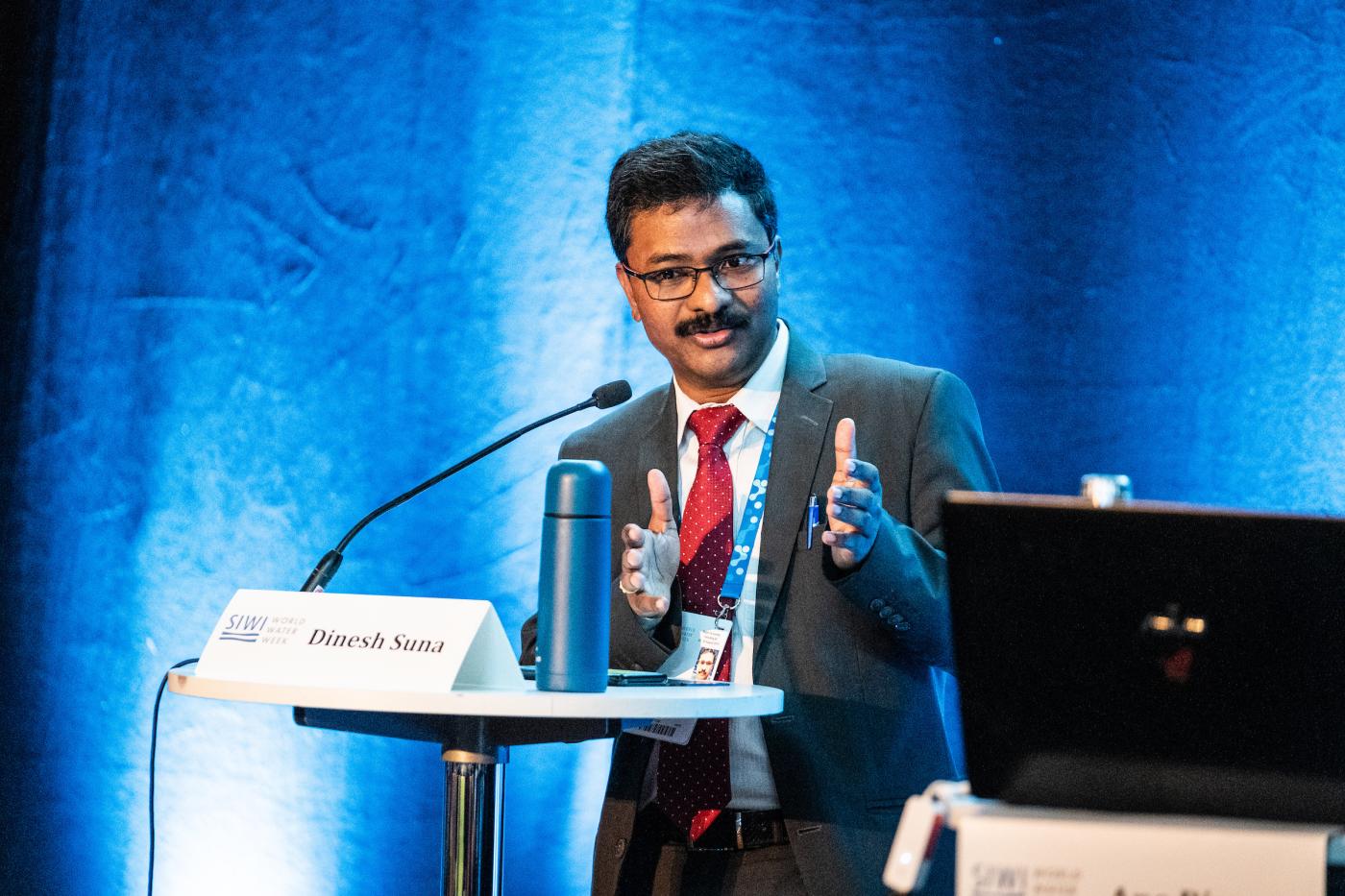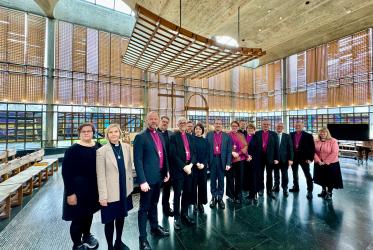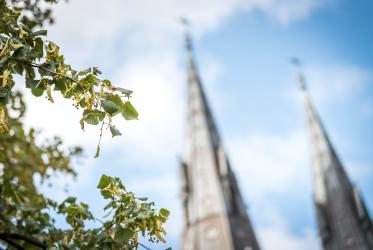In late August, the World Council of Churches (WCC) Ecumenical Water Network participated, for the fourth consecutive year, in World Water Week, held in Stockholm, Sweden. Together with partners, the WCC co-hosted a showcase during which a number of sustainability issues were discussed.
In a brief conversation with WCC Weekly, Ecumenical Water Network coordinator Dinesh Suna shared his conclusions related to World Water Week.
How would you assess the outcomes of WCC’s participation this year compared to previous year?
As in previous years, this year the WCC was one of the lead organisers of the Water and Faith event at World Water Week - a showcase of best practices by faith communities in addressing the United Nations Sustainable Development Goal to ensure water and sanitation for all. This year we had three new partners joining us: Living Water International, Tearfund and the Smart Centre. This year we focused more on concrete case studies by faith communities from around the world. This generated more interest from the water community in the audience.
What has been the most significant achievement during this event towards reaching the United Nations Sustainable Development Goal related to water?
This year’s event has settled the debate over whether faith actors mean business. Neglecting to tap their huge potential would be a lost opportunity. A steep increase in participation shows that the water sector takes the faith communities seriously.
In what sense did the Ecumenical Water Network make a mark and advance its position during the event?
Besides taking the lead in the showcase, the WCC Ecumenical Water Network hosted a strategic planning and networking meeting to plan the way forward, where more than 50 strategic partners from faith communities as well as from United Nations bodies attended. With a pro-active role, the Ecumenical Water Network has emerged as a key player in the water sector not only within the water community but also for faith actors engaged in water issues.
Any particular development during the event that that you think deserves special credit?
I would like to highlight two important developments that emerged out of the Water and Faith engagements. One is that the faith community will be requested to submit a chapter on the cultural and spiritual value of water in the UN World Water Development Report. Secondly, at the International Partnership on Religion and Sustainable Development meeting, the Ecumenical Water Network was elected as one of the co-leads for addressing the Sustainable Development Goals aimed at protecting the biosphere.
How will this year’s event impact the future work of the Ecumenical Water Network?
The Ecumenical Water Network is the churches’ commitment to water justice. We have now widened the scope of engagements and partnership to other important players on water, including International Partnership on Religion and Sustainable Development member organisations, and faith-based water-related organisations such as Living Water International and Tearfund, among others. This would mean many possible joint ventures with these organisations to address the global water crisis. Overall, I am very happy about the outcome of our engagements in this year’s World Water Week.






